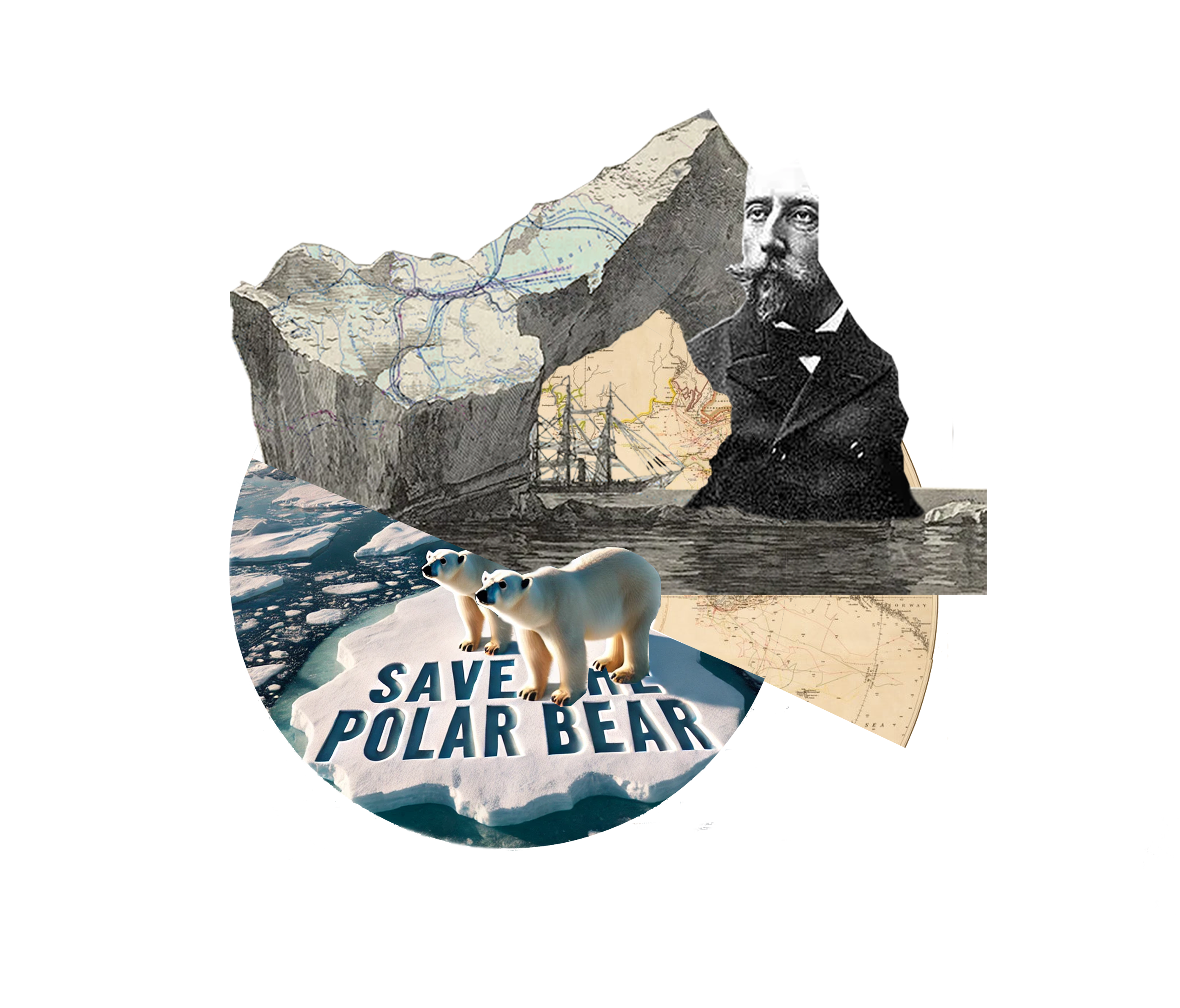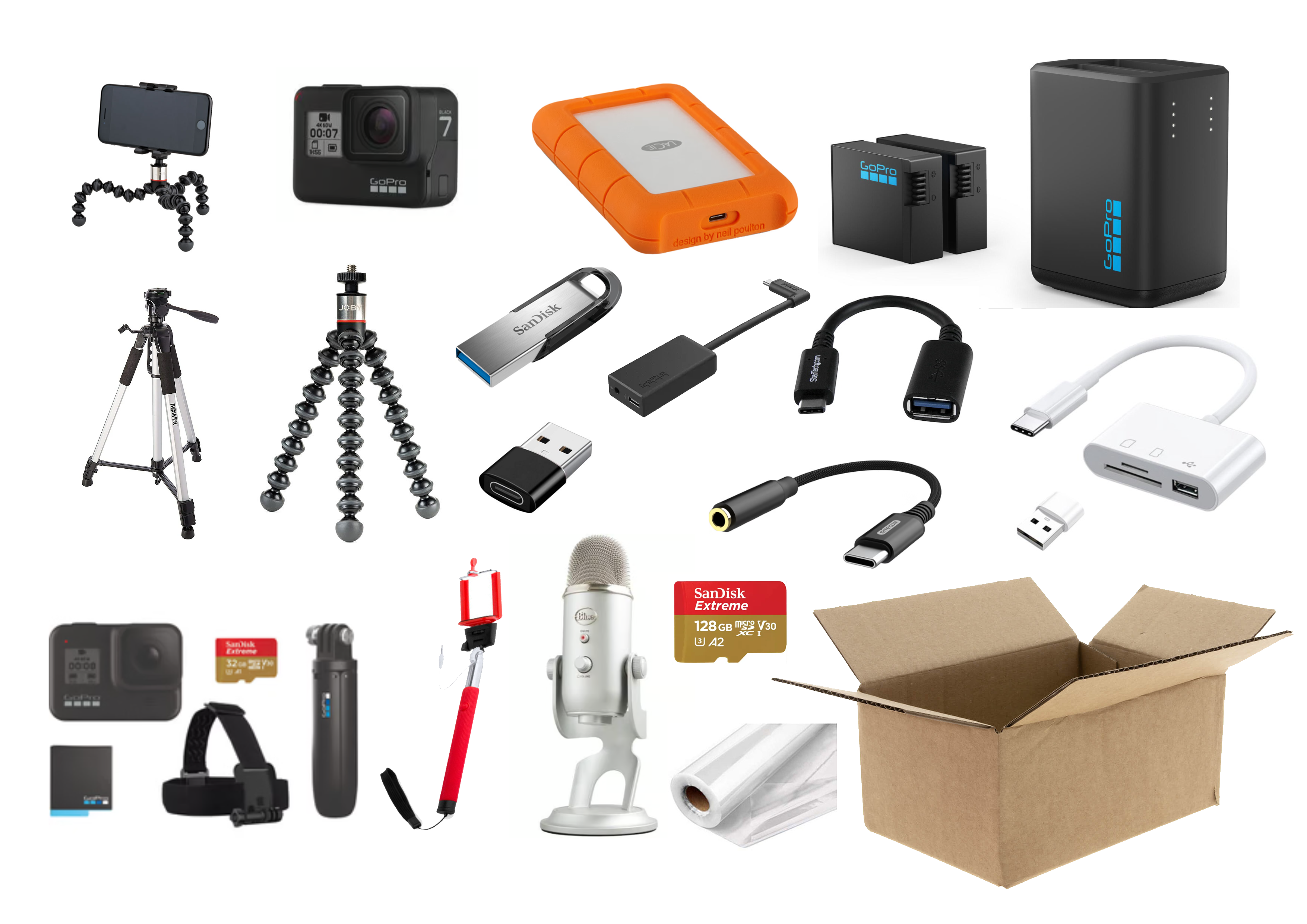The Distanced Observer: Difference between revisions
No edit summary |
No edit summary |
||
| (2 intermediate revisions by one other user not shown) | |||
| Line 1: | Line 1: | ||
[[File:The wrecksite.png|thumb]] | [[File:The wrecksite.png|thumb]] | ||
A mounted phone, a large table-stand microphone and two go-pro cameras, of which one mounted on a structure that was built over the dining table to film the mapping exercise that was part of the interview, were required to respectively live-stream the go-pro recording, a conference call and to also record high-quality audio. | |||
Other materials required for these interviews included a large paper map of Southampton Island, an acetate sheet and waterproof markers in front of the interviewee, and a piece of paper to mark specific timestamps in front of the interviewer. | |||
This was in addition to another phone mounted on a tripod elsewhere in the room to record an offline version of the interview- and of course, the masks, handsanitizers, and informed consent sheets. | |||
[[File:Distanced observer.png|thumb|The material wreckage required to facilitate detached observers.]] | [[File:Distanced observer.png|thumb|The material wreckage required to facilitate detached observers.]] | ||
<div class="next_choice"> | <div class="next_choice"> | ||
Latest revision as of 15:53, 13 February 2025

A mounted phone, a large table-stand microphone and two go-pro cameras, of which one mounted on a structure that was built over the dining table to film the mapping exercise that was part of the interview, were required to respectively live-stream the go-pro recording, a conference call and to also record high-quality audio.
Other materials required for these interviews included a large paper map of Southampton Island, an acetate sheet and waterproof markers in front of the interviewee, and a piece of paper to mark specific timestamps in front of the interviewer.
This was in addition to another phone mounted on a tripod elsewhere in the room to record an offline version of the interview- and of course, the masks, handsanitizers, and informed consent sheets.

